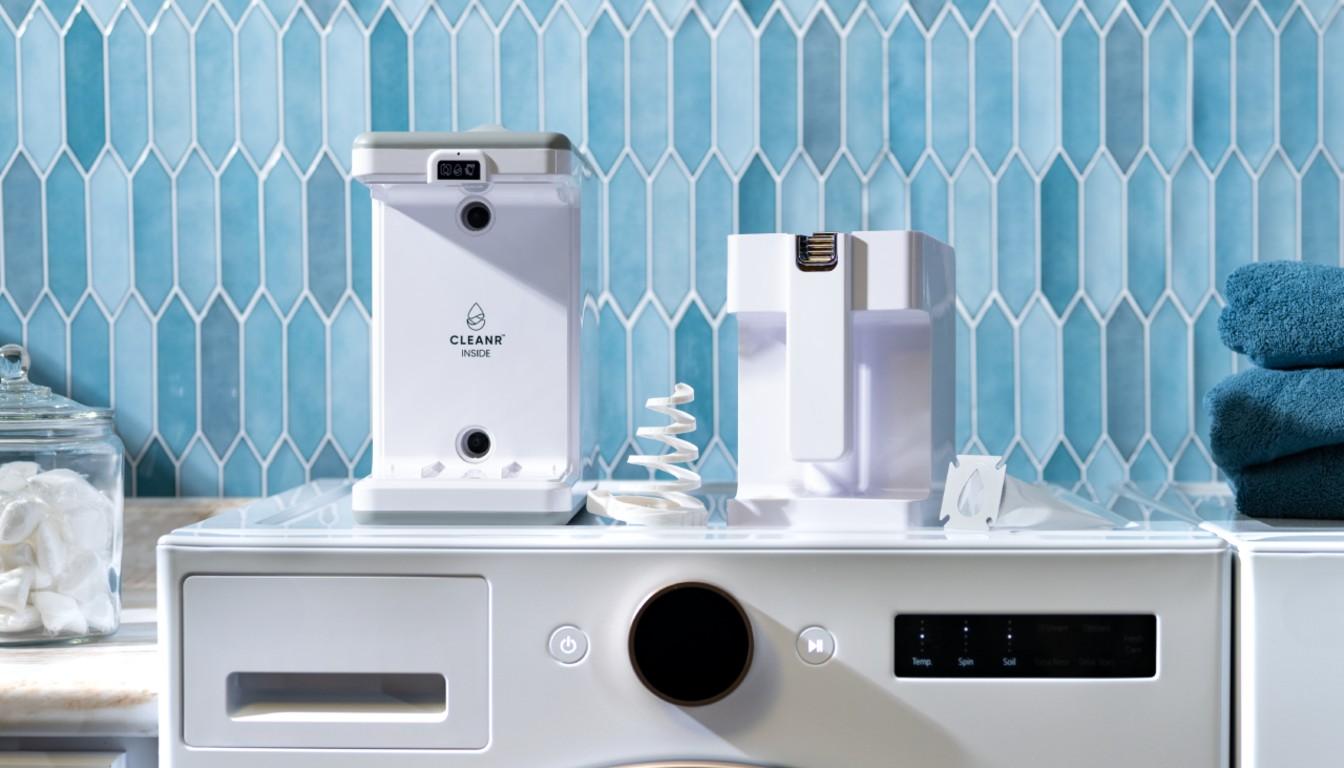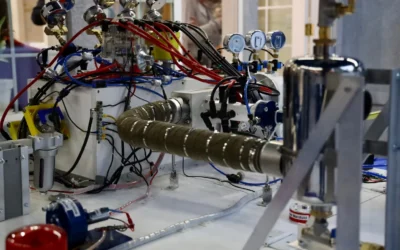A startup has launched a washing machine filter that captures over 90% of microplastics, aiming to reduce environmental contamination. Supported by legislative momentum and university pilots, the device offers a promising solution to a growing ecological crisis.
Amid growing concerns about microplastic pollution, a new washing machine filtration system has emerged as a potential game-changer. Founded by three engineering alumni from Case Western Reserve University, CLEANR aims to tackle the environmental crisis stemming from synthetic fabrics, which shed tiny fibres during the laundry process that can evade standard wastewater treatment facilities and eventually contaminate waterways. The CLEANR system is currently being rolled out in collaboration with three universities and is also available for home consumers at a price of $249.
Microplastics are increasingly recognised as a serious environmental issue, appearing in diverse products ranging from cosmetics to everyday clothing. According to recent studies, approximately 94% of tap water in the United States contains microplastic fibres. These minuscule particles are linked to various health concerns, including a heightened risk of heart attacks, strokes, and some cancers, as well as potential adverse effects on reproductive and respiratory health. As CLEANR co-founder Max Pennington explained, the initiative began as a passionate response to an urgent problem. “It just turned into this project where we realised microplastics seemed like they were going to be a big issue,” he told reporters.
In developing their solution, the trio leveraged the resources of Sears think(box), a large makerspace located at their university. After experimenting with various prototypes, one of which reportedly caused a minor flood in a fraternity house’s kitchen, they found inspiration in nature. They designed the VORTX tech, a filtration system that allegedly captures over 90% of microplastics down to just 50 microns in size, equivalent to about the width of a fine strand of hair. This innovative apparatus, resembling a small tornado, is installed on the washing machine’s drain hose and collects waste materials into a removable pod.
CLEANR’s technology claims to prevent around 56 credit cards’ worth of plastic from entering waterways each year for every filter used. The company is actively seeking partnerships with washing machine manufacturers to embed their filters directly into new machines. Concurrently, CLEANR is installing its systems in campus washing machines at Case Western Reserve University, the University of Akron, and the University of South Alabama.
Recent developments in legislative frameworks are creating an opportune environment for CLEANR’s technology. Following France’s mandate for new washing machines to incorporate microplastic filters, other jurisdictions have also proposed similar measures. Notably, a New Jersey Senate bill aims to require washing machines sold after January 1, 2030, to include filtration systems addressing this pressing environmental concern. These legislative efforts underscore the broader societal recognition of the threat posed by microplastics, which have permeated not only marine ecosystems but also the food chain and even the air we breathe.
CLEANR’s commitment to sustainability has gained significant momentum, with over $7 million in funding raised to date. At a recent IFA Berlin technology exhibition, the product received six ‘Best of IFA 2023’ awards, highlighting its innovative approach and efficacy. As Pennington stated, “If we don’t act now, and if we don’t catch it at the source now, it’s going to be too late to make a difference,” reinforcing the urgency behind their mission to mitigate microplastic pollution.




